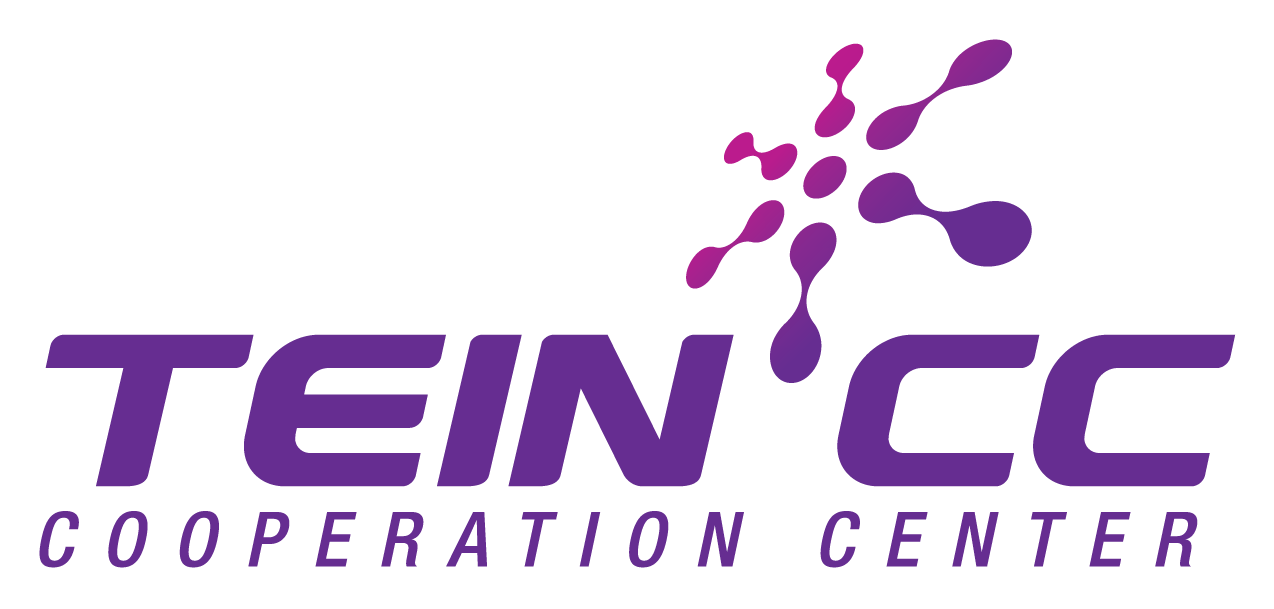Project Overview
The BACKFIRE project aimed to broaden Asi@Connect's knowledge on federated identity, roaming, and e-infrastructure. Its purpose was to establish and develop identity federations within the Asia Pacific region, enable their participation in eduGAIN, and deploy eduroam.
Beneficiary Countries
Key Outcomes
Exceeded eduGAIN Membership Goal
Successfully facilitated the membership of five new federations into eduGAIN, surpassing the initial goal of supporting three federations.
New eduGAIN Members
Malaysia (SIFULAN), Pakistan (PKIFed), Sri Lanka (LIAF), China (CARSI), and New Zealand (Tuakiri) joined during the project period.
High Regional Engagement
98 attendees from targeted beneficiary economies participated, demonstrating strong regional interest and engagement.
Comprehensive Training
Delivered 50 hours of collaborative content across four face-to-face events, providing significant knowledge exchange.
Project Activities Timeline
APAN45 Event
Delivered 13 hours of interactive content to 47 participants. Focus on policy development and eduGAIN Steering Group meeting.
APAN46 Event
Delivered 8 hours of interactive content to 44 attendees. Included 1:1 and small group meetings for personalized guidance.
APAN47 Event
Delivered 18 hours of interactive content to 40 attendees. Content built upon previous sessions with deeper technical focus.
APAN48 Event
Final event delivering 11 hours of interactive content to 46 attendees, completing the comprehensive training programme.
Challenges & Lessons Learned
Regional Participation Gaps
Unable to engage participants from Mongolia and had instances of zero attendance from several beneficiary countries including Afghanistan, Cambodia, and Myanmar.
Administrative Barriers
Visa application processes and slow decision-making by partners occasionally hindered representative attendance at events.
Staff Continuity Issues
Allowing NRENs to change staff between meetings was disruptive and required repeated coverage of topics, impacting learning continuity.
Gender Equality Gap
Insufficient attention to diversity resulted in only three female attendees from target countries in the first two events.
Future Directions
The BACKFIRE project successfully transitioned into the iFIRE project with continued funding from Asi@Connect/TEIN*CC. The Task Force on Identity & Access Management (TF-IAM) continues to exist beyond the initial support period, ensuring sustained community collaboration.
Key Sustainability Measures:
- 🔄 Transition to virtual training formats (5-day session at APAN50)
- 👥 Trainer continuity between projects to maintain expertise
- 🔧 Use of well-established open-source tools and REFEDS standards
- 🤝 Improved cross-project collaboration and synergy identification


